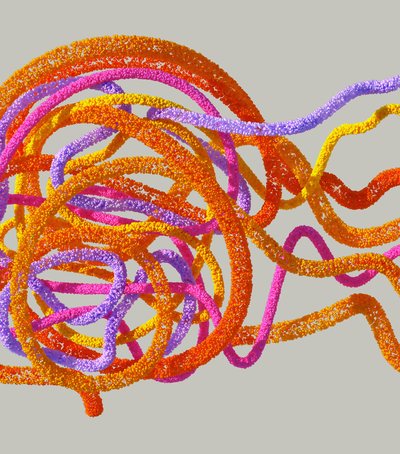
New research suggests that this essential mineral may play a powerful role in treating Major Depressive Disorder (MDD)—especially in cases that don't respond to traditional treatments.
What are the studies showing?
Highly absorbable forms of magnesium, such as magnesium glycinate or magnesium threonate, have shown significant improvements in mood, anxiety, sleep, and negative thoughts — in less than a week. This effect is significantly faster than that of classic antidepressants, which often take weeks to work.
Why does it work?
Magnesium regulates NMDA receptors in the brain, preventing overstimulation of neurons by calcium—a process called excitotoxicity, which is linked to depression, anxiety, and cognitive decline. In other words, magnesium acts as a neuroprotective shield against chemical stress.
But there is a problem…
The modern diet, processed foods, and filtered water have led to a silent magnesium deficiency in many people. This invisible deficiency can leave the brain vulnerable to mood disorders and mental fatigue.
If research continues to yield similar results, magnesium could become one of the safest and most affordable tools for maintaining brain health — a nutritional “protective cushion” against the impacts of modern life on mental well-being.
Photo Credits (cottonbro studio):
https://www.pexels.com/photo/white-and-orange-medication-pill-on-persons-hand-4661292/





